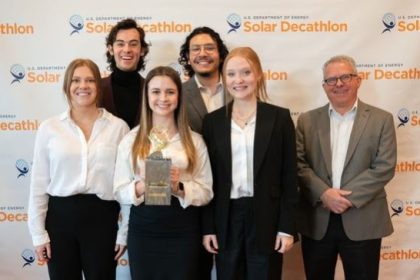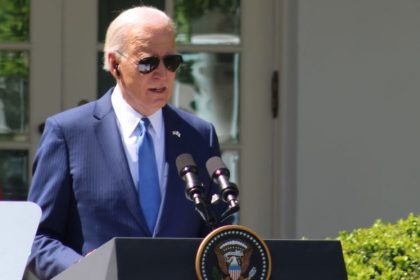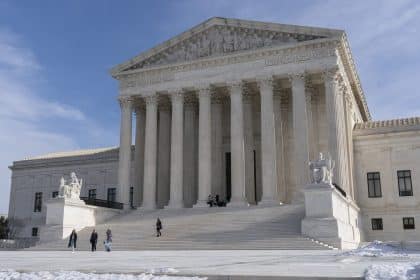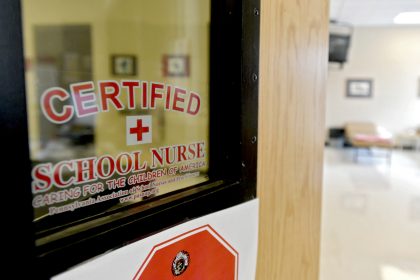Rule Barring Some College Students From Receiving COVID-19 Relief ‘Immoral,’ Advocates Say
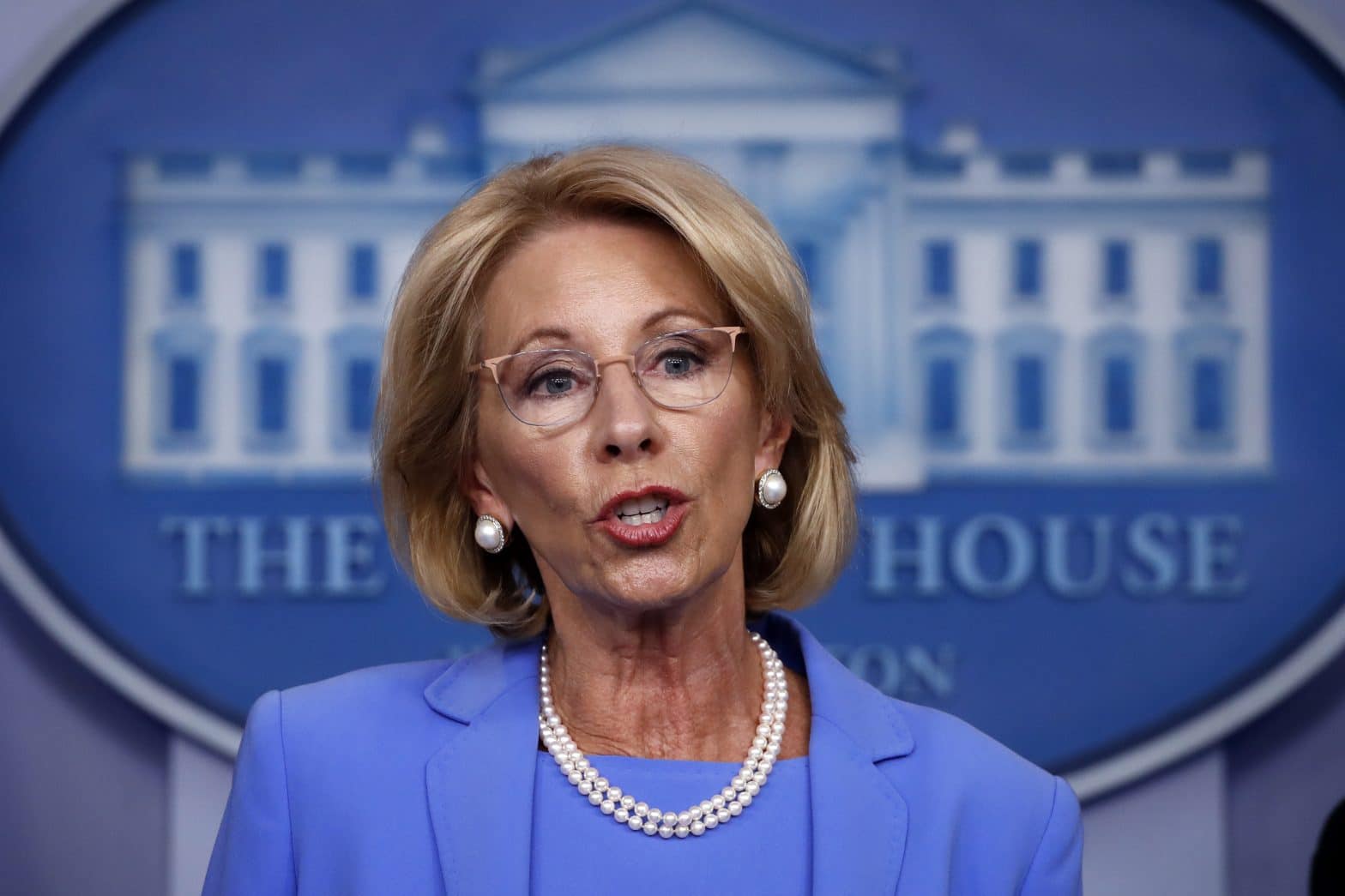
WASHINGTON – Secretary of Education Betsy Devos issued a new rule on Thursday that would prevent colleges from granting coronavirus relief funds to undocumented students and non-citizens, including recipients of the Deferred Action for Childhood Arrival (DACA) program.
After weeks of back and forth, the rule makes official the Department of Education’s stance on who is eligible to receive money from the Coronavirus Aid Relief, and Economic Security Act.
In April, the ED issued guidance specifying that only students eligible for federal aid under Title IV of the Higher Education Act could receive CARES grants.
But after several lawsuits were filed against the department, including one from the California Community Colleges System, officials reversed course, saying they would not enforce how institutions distribute CARES funding to students.
Now, the department appears to be doubling down on its original position, billing the new rule as a way to “protect” U.S. taxpayers from “waste, fraud, and abuse.”
“Today’s action helps erase any uncertainty some institutions have expressed and helps make sure we can support America’s students facing the greatest needs,” said Devos in a statement. “We have a responsibility to taxpayers to administer the CARES Act faithfully, and that’s exactly what we’re doing.”
However, advocates say the latest ED guidance goes against the very purpose of the CARES Act by leaving students who are at an economic disadvantage — especially students of color — in the lurch.
“This is not the time to create barriers for the most vulnerable students to be able to access the resources they need — it’s immoral,” said Tiffany Jones, senior director of Higher Education Policy at The Education Trust.
Jones said the rule, which was issued without first publishing a draft proposal for public comment, sets a “dangerous precedent” by ignoring community feedback.
“It’s strange timing,” she said. “This is a moment when students and families across the nation are facing an unprecedented crisis around public health, economic and systemic racism, to the point where the only solutions seem to come through social uprising.”
Along with international students and DACA recipients, the rule would exclude students who don’t meet federal standards for academic progress. Under Title IV, students must maintain a minimum grade-point-average of 2.0 to receive federal aid.
Jones said that excluding struggling students is “restrictive and punitive” because the transition to online learning during the coronavirus has made it difficult for students to keep their grades up — particularly those who don’t have reliable internet service at home.
“This emergency has disrupted students’ academic experience,” Jones said. “In fact, many universities have gone to offering their classes as pass fail for the spring and even the summer.”
The CARES Act allocated $14 billion for colleges affected by campus closures through the Higher Education Emergency Relief Fund, which mandates that at least half of that money be distributed to “students” as financial aid grants.
Students can use the grants towards educational costs, like course materials and technology, and vital needs such as food, housing, health care, and child care, according to the bill.
But the ED says the CARES Act didn’t provide a clear definition of the word “students,” leaving it up for interpretation. “In context the category of student recipients eligible for ‘emergency financial aid grants’ is therefore at a minimum ambiguous,” says the ruling.
Lawsuits claim the department doesn’t have the legal authority to define what Congress meant in the CARES Act, and that any attempt to interpret that meaning could violate the Administrative Procedure Act, a law that governs the process by which federal agencies develop and issue regulations.
“The Department of Education’s unexplained inconsistent interpretations, disregard of congressional intent, and failure to consider the ramifications of its eligibility limitations also violate the APA’s prohibition on arbitrary and capricious agency action,” says a complaint filed in federal court by the California Community Colleges System.

















